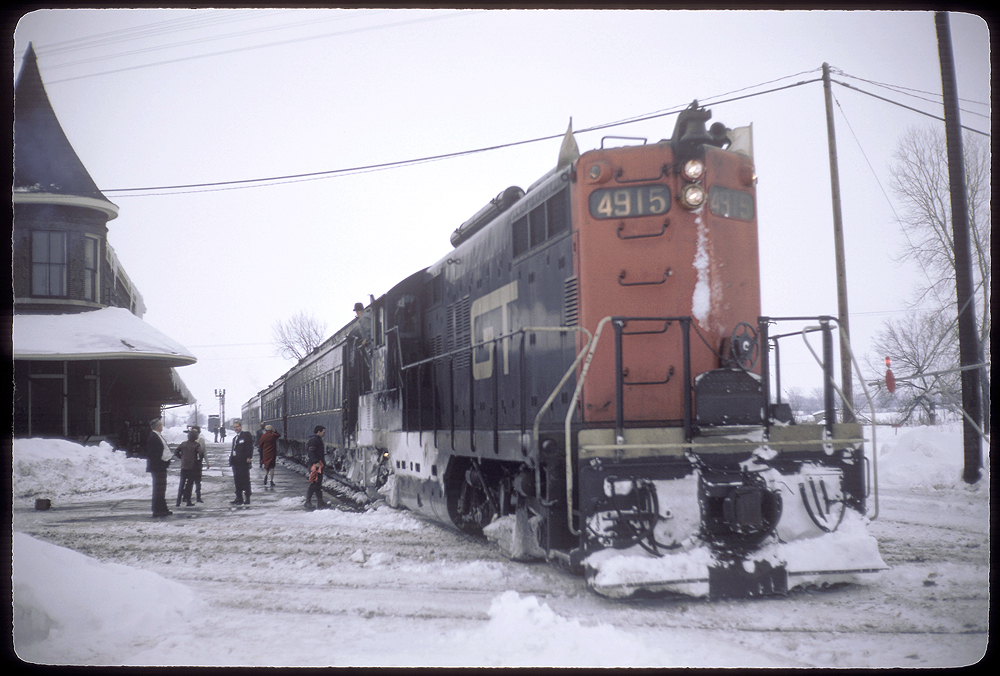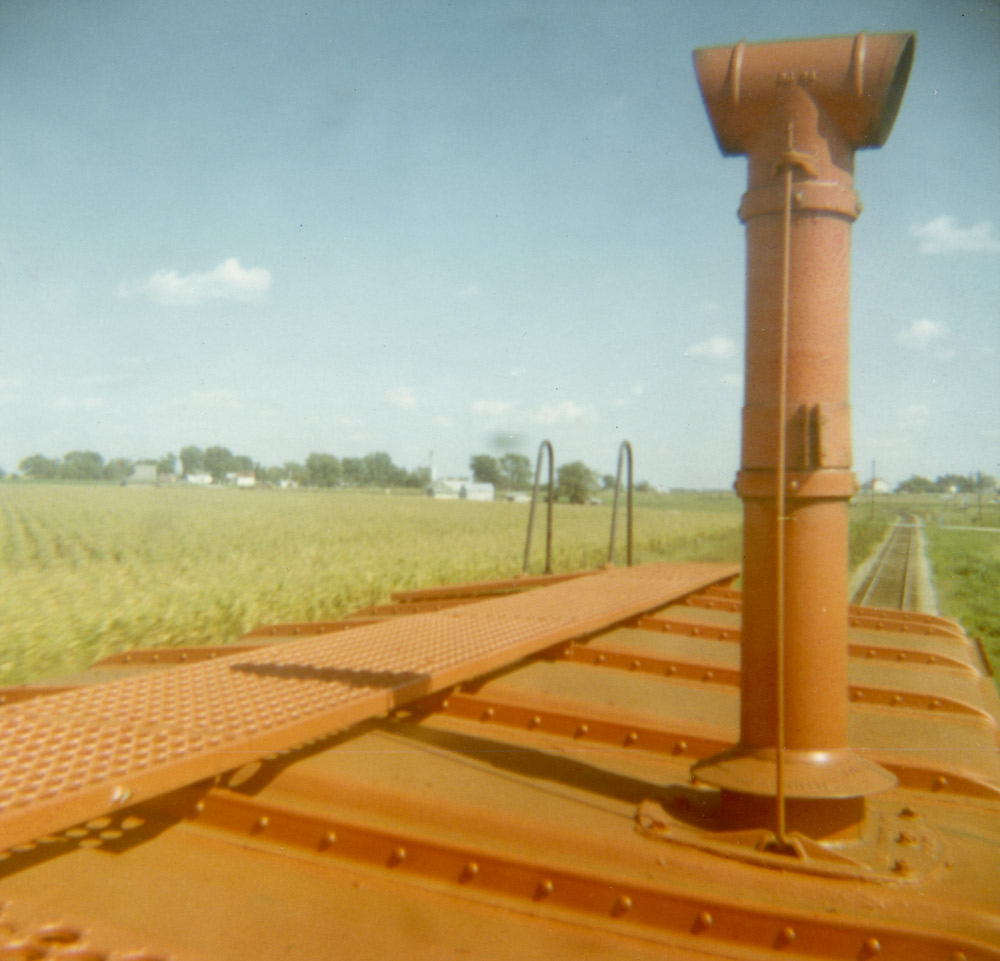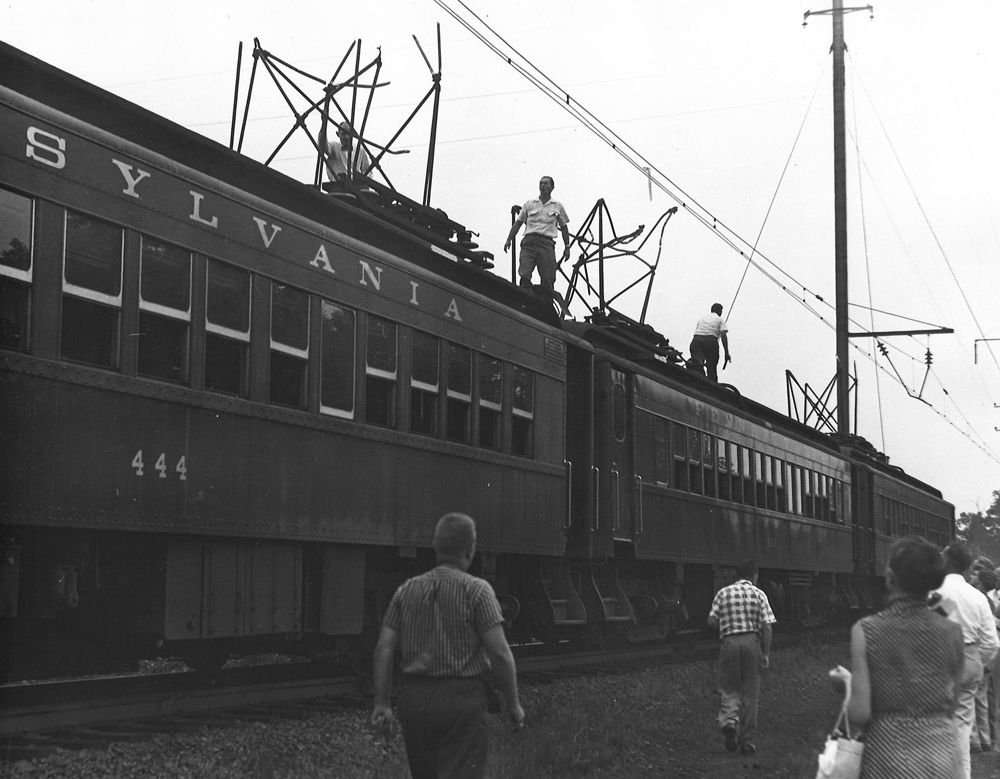When I read Rev. Richard Anderson’s account in the Summer 2000 Classic Trains [pages 93-95] of his travels on the Rock Island, I was filled with nostalgia. His description of boarding the woebegone Cherokee at 2:45 a.m. at Little Rock got me thinking back to my own experiences with the Rock Island in the Arkansas capital during World War II.
I was stationed at Camp Joseph T. Robinson, an Army infantry replacement training facility just north of Little Rock. Discovering that I knew something about the railroads, the Army assigned me to the Troop Movements office there. It was late in the war, and Robinson was training infantry replacement troops, in cycles. Every few weeks a new group of trainees, usually round 2000 men, were graduated and sent to a West Coast port of embarkation. Before they were required to report, each was allowed a brief leave to visit home.
To accomplish this, each departing trainee was given transportation over the route that went closest to his home, and this is where I came in. Because I knew the Official Guide backwards and forwards and many schedules by heart, I was given the job of determining the best routing for each of these 2000 trainees. After I had determined that, the rest of the office staff arranged the transportation.
Because most of our trainees were from the upper Midwest, from Indiana to the Dakotas, the departing group was sent first to Kansas City or St. Louis on troop trains. At those cities, each connecting railroad had to be alerted to the approximate number of men who would descend on their trains that day.
Since Missouri Pacific had mainline service from Little Rock directly to both St. Louis and Kansas City, it was logical to expect the troop movements to go out on the “Mop,” and MP also did the switching for the Camp’s yard. But our relationship with the Mop was not entirely happy; cooperation seemed spotty, and service sometimes was less than desired. Cars were in short supply because of the war, but the Mop seemed to supply dirty or shabby cars, these for kids who were about to go overseas to protect us. I remember going through one particularly ancient coach with old-style walkover seats; one seat was missing its cushion, so a 2×12 board had been substituted.
Our officers (I was just a private) had found the Rock Island to be much friendlier and more anxious to please. Its line from Memphis to Oklahoma City and Tucumcari was busy, with a lot of passenger traffic. There was no Cherokee; the same schedule was handled by Nos. 111 and 112, the Memphis Californian, a first-class train with a diner and through sleeper to Los Angeles on Southern Pacific’s economy train, the Californian. The premier RI train on the line was the Choctaw Rocket, a diesel streamliner with a sleeper and a parlor-diner-observation car that ran between Memphis and Amarillo. There was also a day train linking Memphis, Little Rock, and a connecting local from Little Rock south to Winnfield, La.
Yes, this was lots of activity, but it was east-west and our kids had to go north. Yet the Rock Island did it. Our St. Louis troop trains were sent to Memphis on the Rock and given to the Illinois Central to move to St. Louis; our Kansas City trains went west to Howe, Ark., from where Kansas City Southern quickly forwarded them north. Service and running times were good, and Rock Island scouted all over for good, clean equipment. I remember being impressed once when the train included several deluxe coaches from C&O’s George Washington.
This willingness to please left me with a friendly feeling toward the Rock Island. After the war I rode the Golden State out to Arizona, and year later I rod the Rocky Mountain Rocket east from Denver. But of the Rock Island, I remember most its performance out of Little Rock. — By Cornelius W. Hauck












